19.01.2022 / preparation
Lesson preparation for volunteers - this is how you get started right away
You want to travel abroad and be active there help in schools? With the right lesson preparation, you can... Volunteering abroad do just that – and even design your own lessons! We give you important tips on how best to plan your lessons.
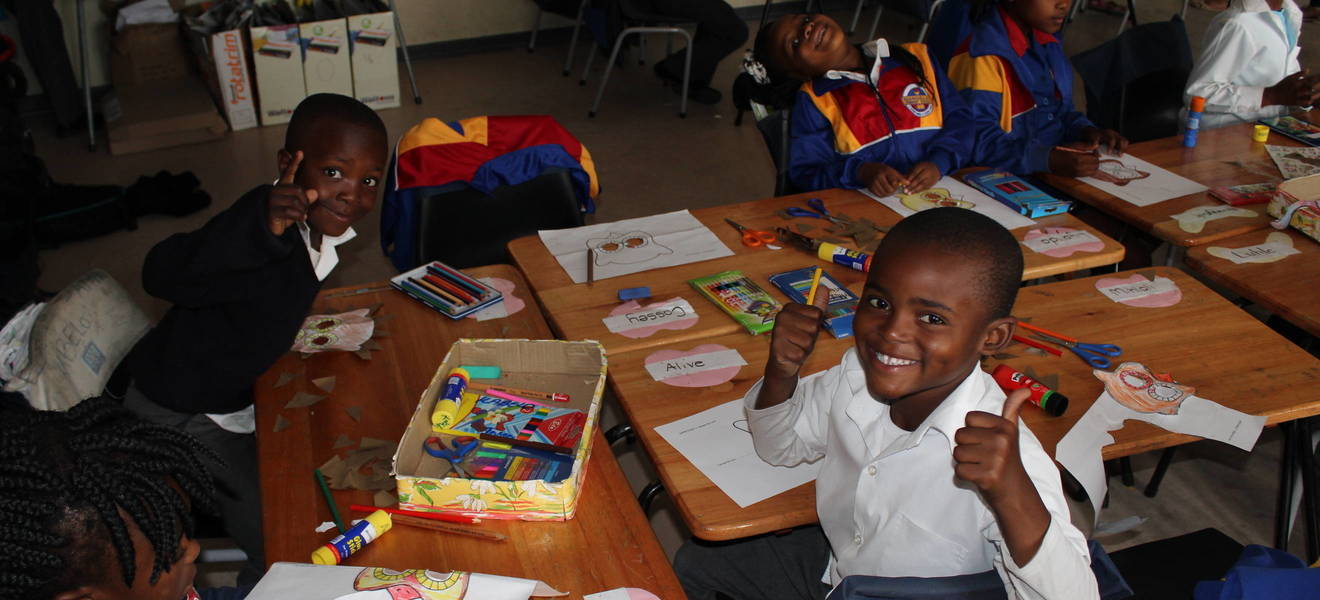
Lesson preparation for volunteers abroad
The first thing you need to know is that your stay will bring you to a foreign country. Of course, you have to pay attention to a lot here – also with regard to your project. Especially in schools you will be confronted with other customs and customs. In many countries in Africa and Asia, teaching is very authoritarian and strict. In most cases there are in schools exclusively frontal teaching (= Teacher tells, children talk or write).
This is also due to the fact that the classes sometimes reach a size from 40 to 50 students. Innovative teaching methods are so impractical for a single teacher. But this can give you a great opportunity to get involved in this area!
At some schools are still conservative teaching and education methods used, eg the use of a cane. This was also common in European schools in the past. So you have to get involved with these circumstances and deal with them sensitively.
The language barrier makes things even more difficult. Even if you speak English or French well, in Africa and Asia these languages are often pronounced differently and sometimes have modified words. This creates one certain communication difficulty. Give yourself a little time to get used to the local customs!
Which skills should you bring?
Du do not have to study teachingto in your Volunteering or yours Internship to work as an assistant teacher. Your appearance usually already influences the class atmosphere. The children are often shy. Your social skills and empathy are required here. Bad experiences often have a strong impact on the kids. Lack of response or understanding problems can be frustrating, but you should still try to stay patient.
In addition, many students come from poorer backgrounds, so their education and consequently their behavior suffers. Many parents expect teachers to educate their children for them. That's why you should have a portion Bring assertiveness. Don't forget: Bring your creativity. Having fun while teaching is the be-all and end-all. If you want, you can, in consultation with the teachers, do various activities with your students. And the more creative you become, the better.
Which topic is exciting and makes sense?
Finding a topic for your perfect lesson is not that difficult. It is very popular to present your country or your city - because your culture is completely foreign to them and vice versa. For example, the students from tropical or subtropical countries often do not know any snow and are completely fascinated by snowmen or snowball fights.
You can also tell something about your traditions, your food, your family. Working out the flow of your lesson is also not particularly complicated. Photos of your family and your hometown, German children's songs or maybe a few movement exercises - a successful hour is already complete. But not only that is interesting!
Informative topics can also be packaged well, Examples include: nutrition, climate change, recycling. You can do beautiful illustrations or sing songs. Social content is also exciting and can be fun for the children. Fairness, problem solving, human rights, equal rights - these are particularly important points.
A good way to make this topic exciting for elementary school students is exciting teaching material, such as a children's book or a story told. This makes it easier for your students to understand the abstract topic. You can also simply discuss with the responsible teacher which topics are suitable for your school class.
Lesson planning: your example lesson
First you have to define the general conditions of your lesson. This includes: the age group of your students, the level (e.g. English for elementary school students), your available time (e.g. 60 minutes) and the goal (e.g. learn to count to 10).
Then you can start, one Plan to create. You should ask yourself how much previous knowledge your students have. What problems can you possibly encounter during your lessons and how can you solve them? You can find one here Plan what your example lesson could ideally look like, It is important to note how much time each unit needs.
- Warm-up: e.g. a short game in which knowledge from the last hour is repeated
- Thematic introduction: You introduce the topic and observe whether every child understands the topic
- Lecture: You explain the content and practice in frontal teaching
- Exercises: You do various exercises or games with the students so that they apply the knowledge
- Lecture: You explain the topic further
- Exercise: The students get another exercise
- Produce: Now the students have to independently produce something from their acquired knowledge and possibly present it
- Cool-down: You ask the students thematically relevant questions
- homework
It is important interactivity to include in your lesson. Pictures, games, songs - this is how the students can concentrate better and remember the information. For games, you can use bingo, charades, activity or hangman, for example. In poorer countries you have often only a blackboard, on this you can eg paint pictures or mind maps. Keep in mind to write big and clear.
... and your lesson is finished
If you follow these training tips for volunteers, your lessons will surely become one Enrichment for your students, Let us know how it went! We are always happy to receive feedback on the progress of your stay.
More projects that interest you could
Have you not yet discovered a suitable program for your time abroad? No problem, we will present you more Volunteer projects abroadthat might pique your interest.
Are you perhaps still at the beginning of thinking about your trip and have no idea what might be right for you? Whether you want to go abroad as a volunteer for a short time, or if you prefer FSJ up to 12 months abroad afford? Maybe there is one Internship abroad in a specific subject area the best way for you to gain experience abroad?
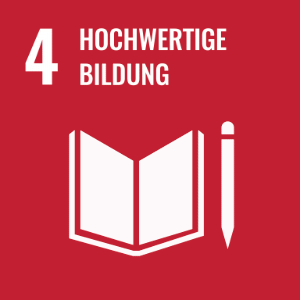
Thailand | Teach
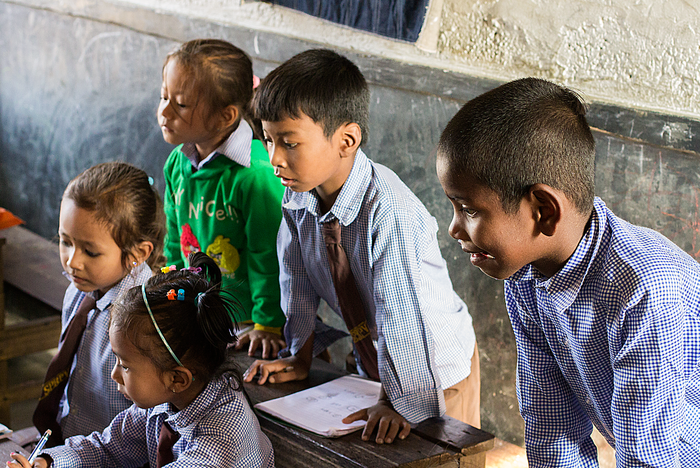

Nepal | Teach
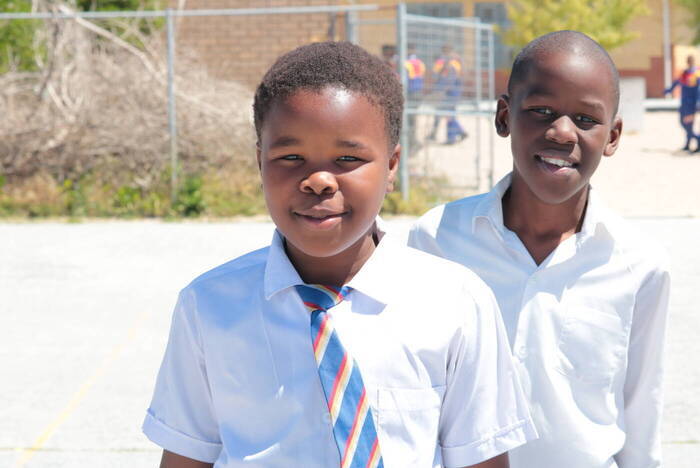

South Africa | Social & Teaching

Tanzania & Zanzibar | Teach
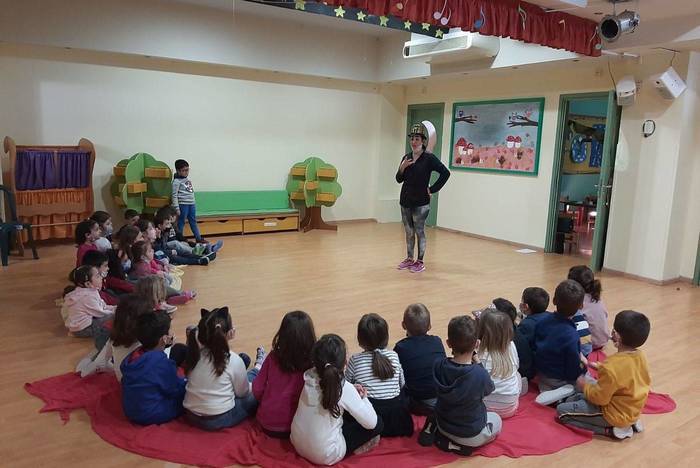

Greece | childcare
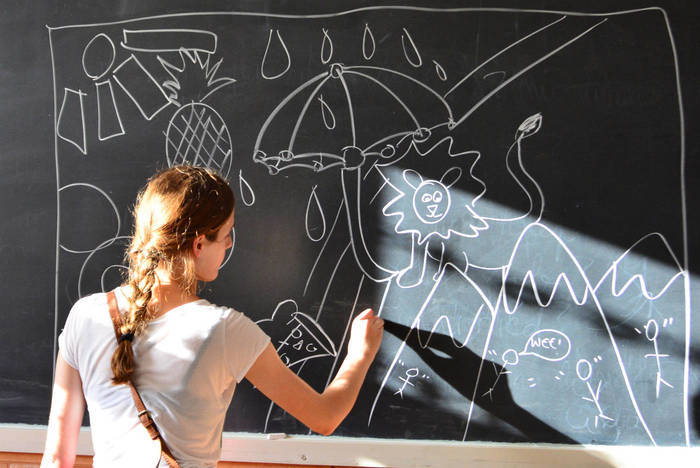

Romania | Teach
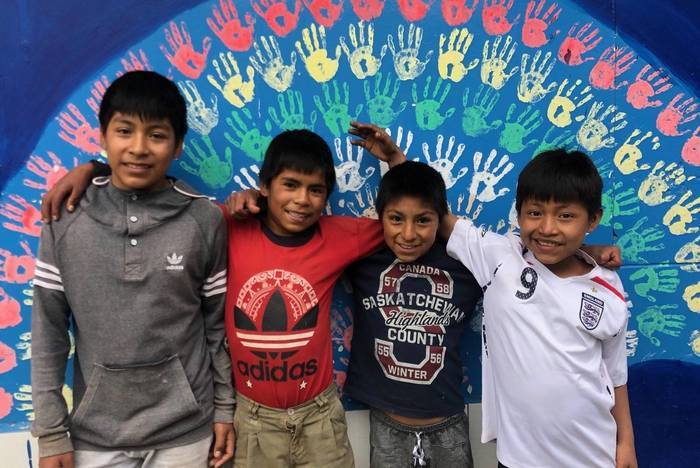

Peru | childcare
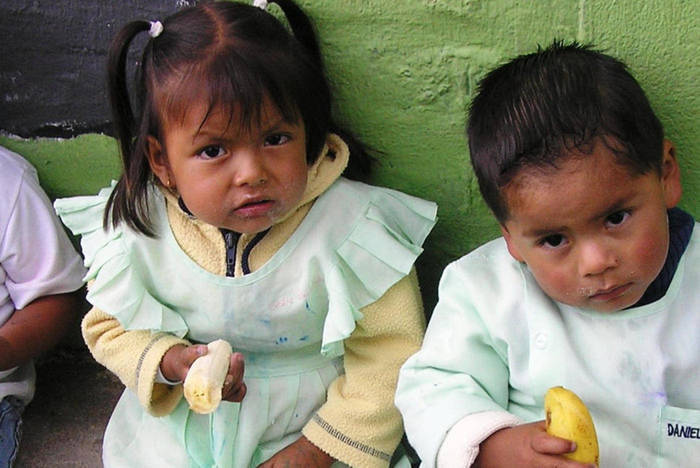

Ecuador | childcare
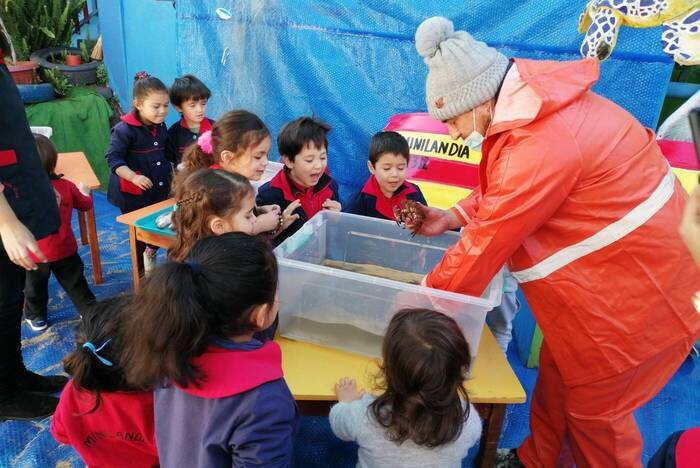

Chile | childcare

